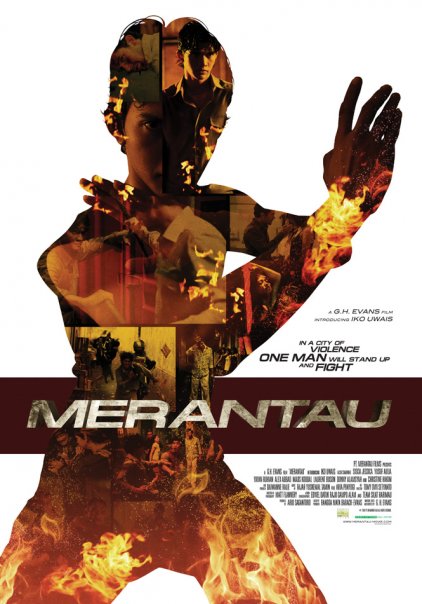
Подобные фильмы ставят меня в весьма затруднительное положение. Некоторые из вас должны помнить мою первую рецензию на “Онг-Бак”. Я тогда поставил ему оценку “A” (5/5). Как бы то ни было, он её заслужил. Это был великолепный развлекательный фильм с отличной демонстрацией боевых искусств. Но, принимая во внимание то, что “Мерантау” намного, намного лучше, чем “Онг-Бак”, я начал подумывать об оценке выше за “A”.
Это может показаться слишком претенциозным, но для тех, кто смотрел оба фильма, факт совершенно очевиден. “Мерантау” это блестящая демонстрация сложного боевого искусства, в которой поединки органично сочетаются с персонажами, а камера снимает всё это как нельзя лучше. Здесь нет эффектных повторяющихся кадров - просто хорошие старомодные съемки, в которых всё внимание обращено на двух (или тридцать) бойцов-противников. Это дополняет происходящее на экране, показывая интенсивность поединков без дополнительной помощи монтажа или хитростей с камерой.
Кроме того, сюжет по-настоящему выразителен, персонажи продуманы, и после просмотра я прочувствовал их всех, даже злодеев. Это простая история, которую ранее рассказывали несметное количество раз, но в “Мерантау”, благодаря писательским навыкам сценариста/режиссёра Гарэта Эванса, она выглядит очень качественно. Ему удалось создать невозможное - боевик с глубоким смыслом. Ключом к этому, скорее всего, стали плотные эмоциональные сцены и диалоги, состоящие не просто из обычных клише. Таким образом, появляется связь с персонажами, и нам не придется с бесконечно ждать конца драматических эпизодов, чтобы насладиться сценами поединков.


Еще один фактор успеха - огромное количество боев. В отличие от некоторых боевиков, в “Мерантау” бои идут один за другим. Большой начальный бой совсем не означает, что вам придется потратить целый час просмотра на развитие сюжета и унывать до финальной битвы. Нет, друзья мои. Это намёк на безумное количество поединков, свидетелем которых вы окажетесь. Например: в то время как в некоторых фильмах, где похищают девушку, а главный герой слоняется на протяжении нескольких сцен и размышляет, каким способом он будет проникать в логово злодеев на старой мельнице/дискотеке/поместье, в “Мерантау” после похищения девушки Юда выбивает ногой дверь и жестоко избивает похитителей. Зачем тратить время на составление планов, когда мы все прекрасно знаем, что в любом случае всё и так закончится дракой? В “Мерантау” подобные вопросы решаются просто - ботинком по лицу.
Конечно, в нём хватает бойцов-слабаков, которые с легкостью падают от кулаков Юды, но есть и изрядное количество поединков с бойцами, равными по силе. Наилучший пример это финальная сцена боя с двумя боссами, которые оказались самыми сильными бойцами в банде. Сцена сложная и довольно продолжительная, с кровавым финалом. Но куда интересней сама боевая хореография и то, как противники учатся друг у друга. Они развиваются на протяжении поединка, ищут друг у друга слабые стороны, пользуются этим, учась на собственных ошибках. Положа руку на сердце, скажу, что этот последний бой - один из лучших, которые я видел за всю историю просмотренных мною фильмов.


Но ведь во многих фильмах есть отличные бои? Для этого и существует подобный жанр. Разница в том, что здесь я действительно не был безразличен к персонажам, и это лишь улучшило поединки. Победитель привлекал мое внимание не только лишь потому, что он был “герой”, а потому, что он заслужил мое уважение и был полноценно связан с окружающими его людьми, которых он пытался спасти. Также помогает связь между злодеями и главным героем, понимание и уважение к мастерству своего противника. В отличие от шаблонного босса мафии, смакующего сигарой, Рэтгер (Мэдс Коудэл) и Люк (Лорэн Бюсон), раздробив ударом кулака Юде челюсть, с радостью бы предложили ему работу, нежели приказали бы двум тупым головорезам сбросить его куда-нибудь в реку. Что-то в этом роде. Бои становятся более жестокими и одновременно более смешными.
Говоря о жестокости, в фильме присутствует сцена, которая просто въелась мне в мозг, поскольку более потрясающего трюка не было не в одном бою в “Онг-Баке”. Мне не хочется её портить, но скажу, что она может преподать ценный урок о том, что нельзя прыгать со здания на своего противника, и, вероятно, войдет в историю как “Сцена с Шестом”.
Подняв свою челюсть с грязного пола, через полчаса или вроде того я понял, что много чего не понимал. Вот с какой комбинацией работает фильм - взрывные эпизоды сочетаются с искренней эмоциональной составляющей. Отношения Юды и его матери воссозданы просто, но, как и в случае отношений Юды и девушки Астри, построены на удивление сдержанно. Победа в битве всё дополняет, а концовка фильма является одной из самых ярких, которые я видел в фильмах с единоборствами.

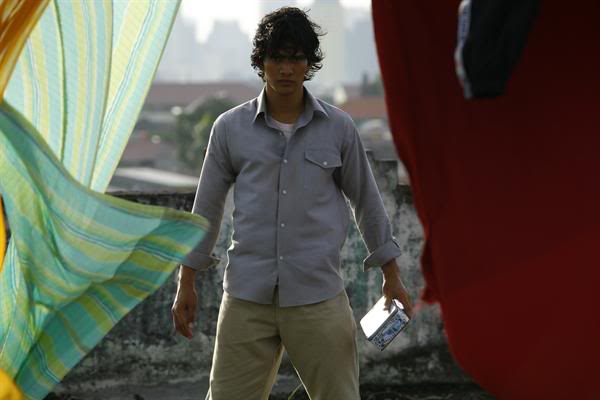
“Мерантау” не скупится на демонстрацию Силата или эмоциональные ценности персонажей. В нем выстроены прочные связи между экранными героями и нет длительных задержек между поединками.
- Плюс: великолепные боевые сцены, плотный сценарий, отличные персонажи, хорошая актёрская игра, сцена с шестом и последний бой.
- Минус: мне придется заново подумать об оценке “Онг-Бака”.
Интересный факт: Мэдс Коудэл, исполнивший роль главного злодея, выглядит так, будто занимался боевыми искусствами всю свою жизнь, но, на самом деле, до этого фильма он никогда не дрался.
Автор: Dr. Cole Abaius
Источник: filmschoolrejects
Перевод: EvilDollaR
Метки: Merantau Warrior, Гарет Эванс, Ико Уайс, Лоран Бюсон, Мэдс Коудал



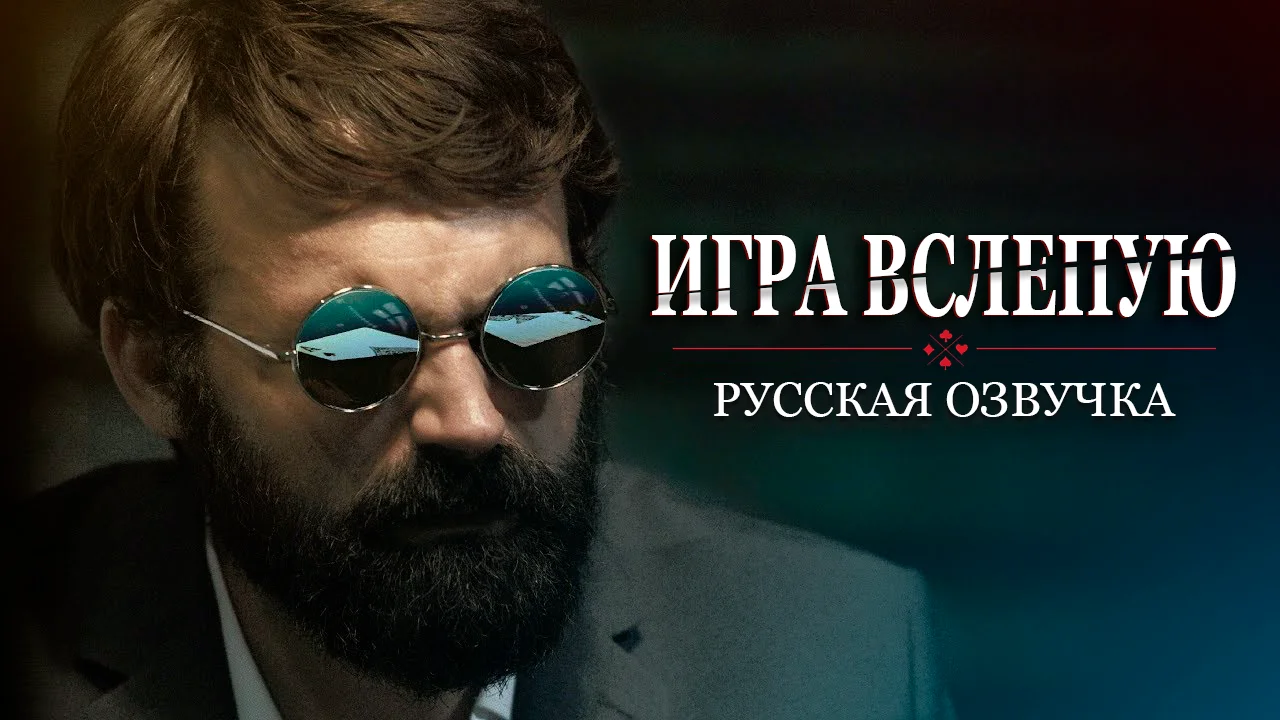
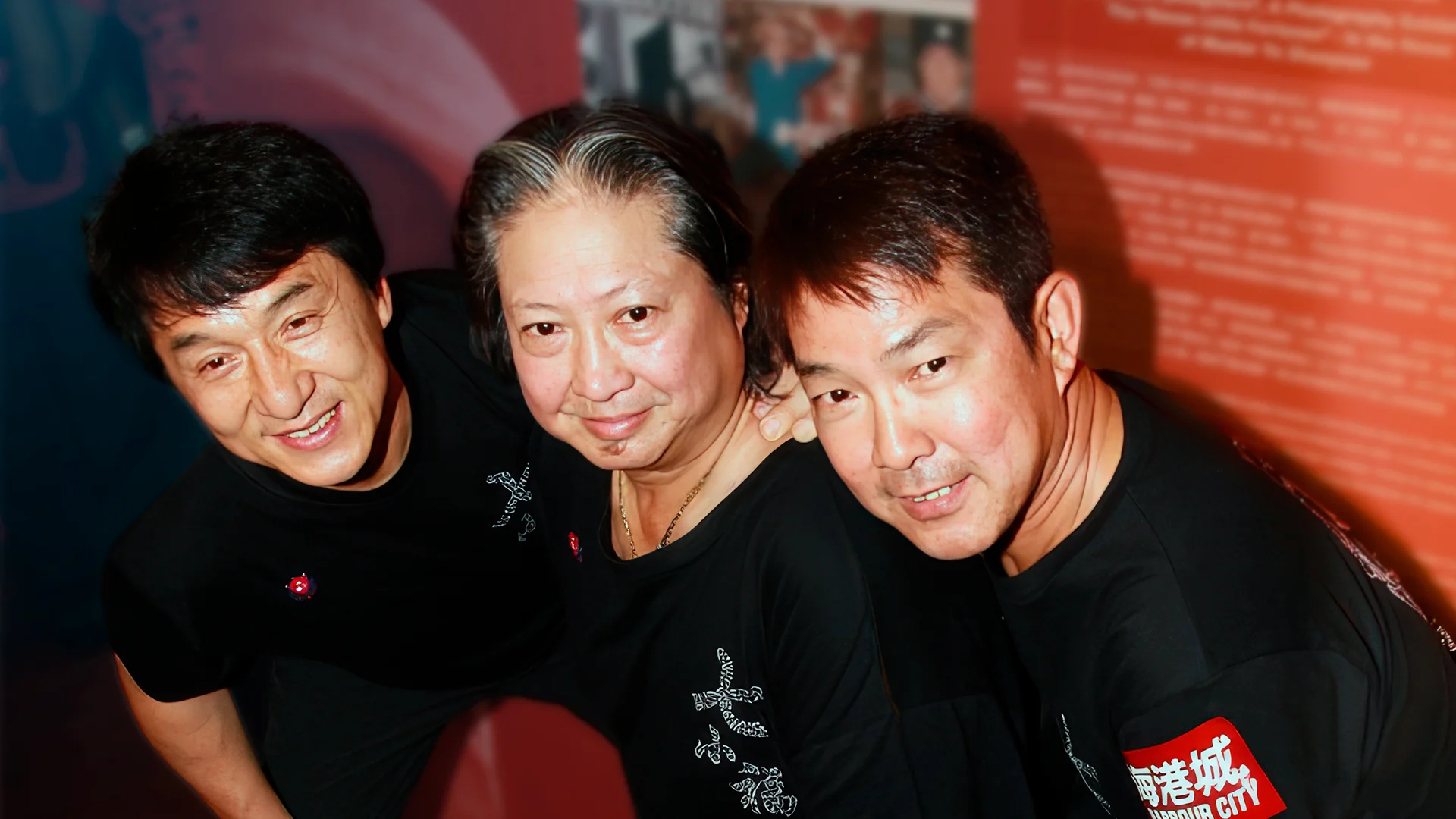
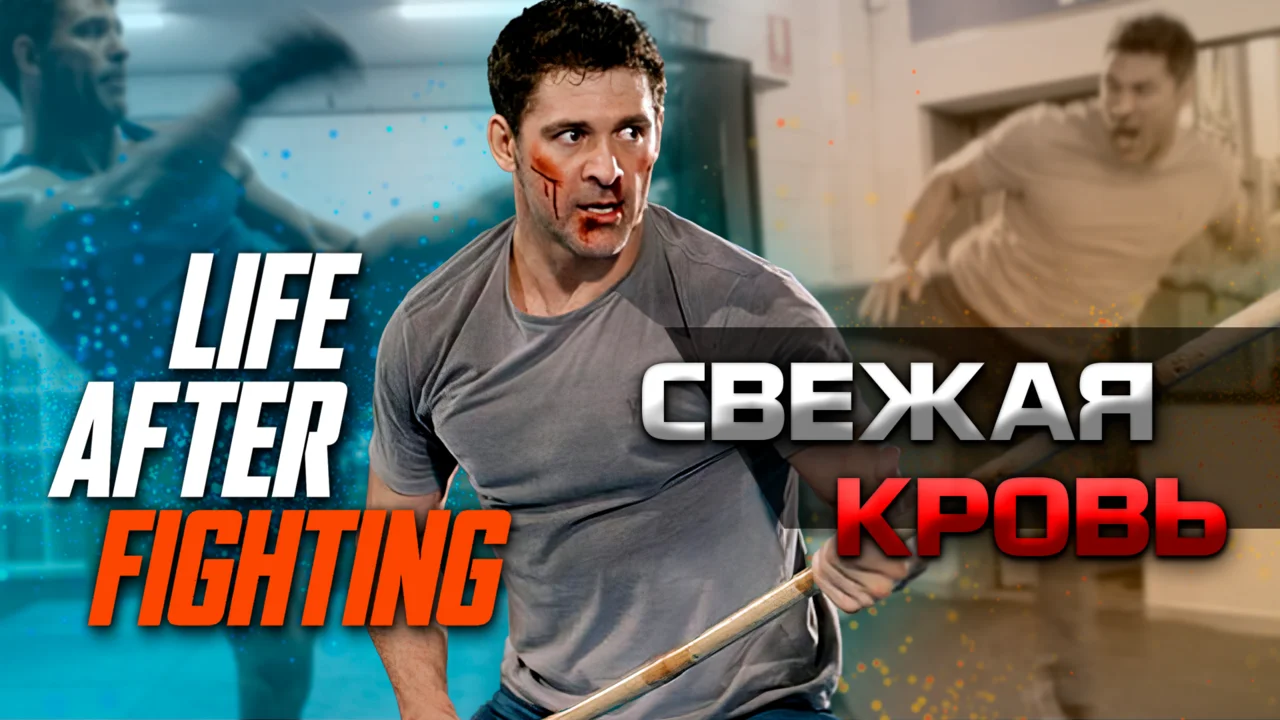
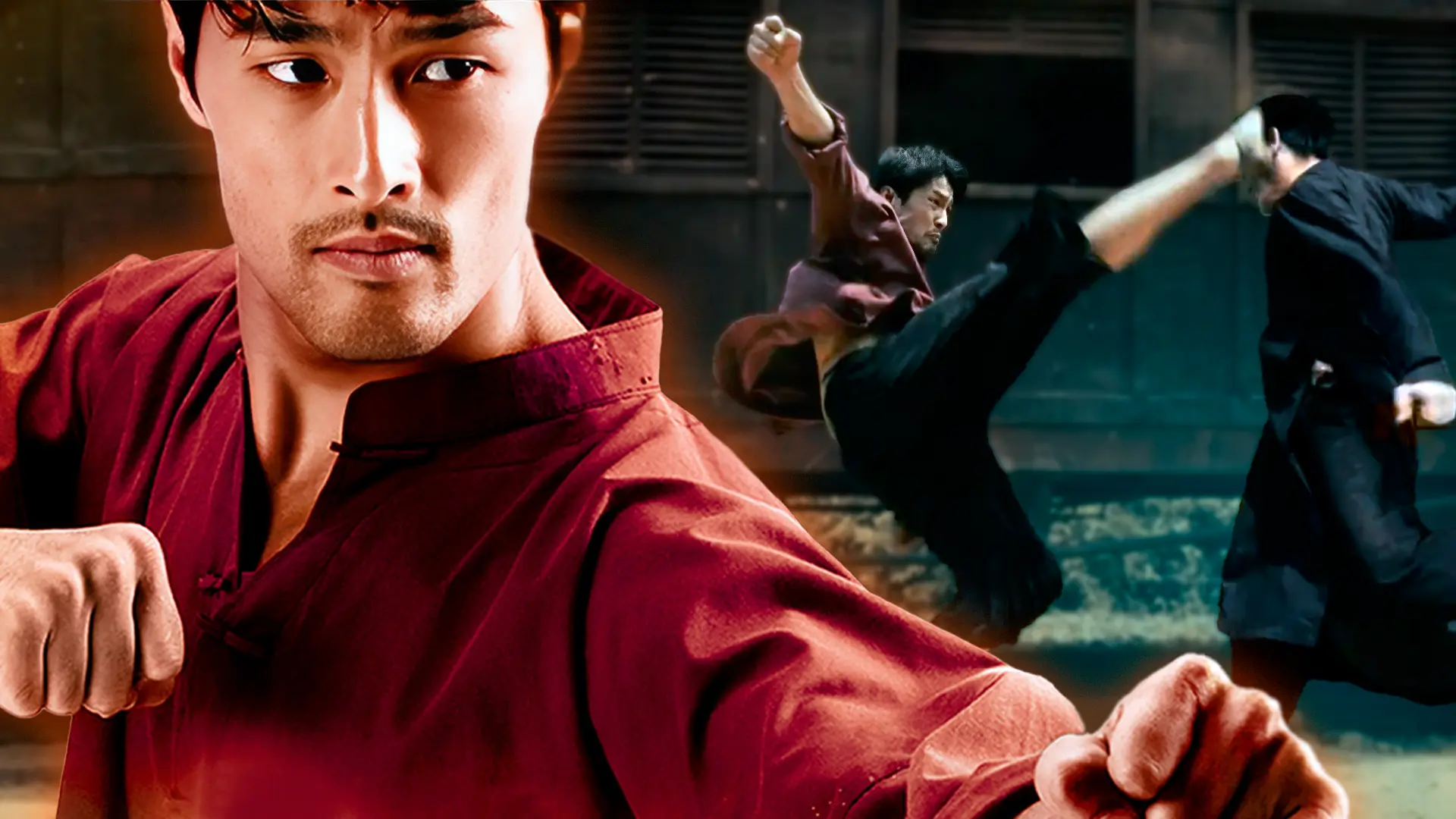
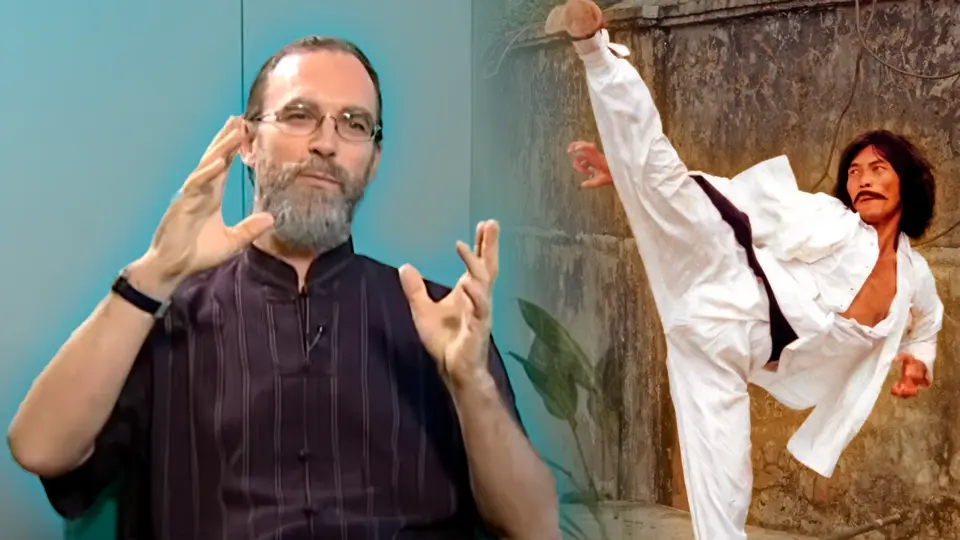
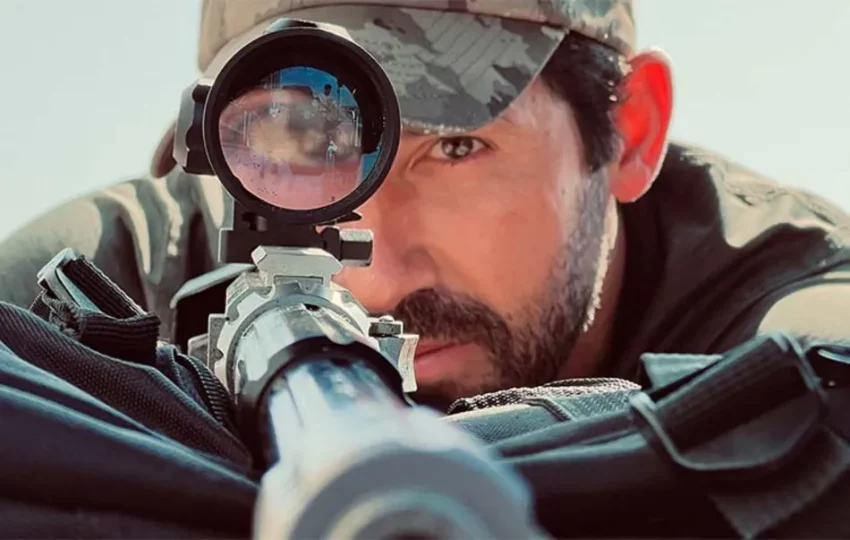
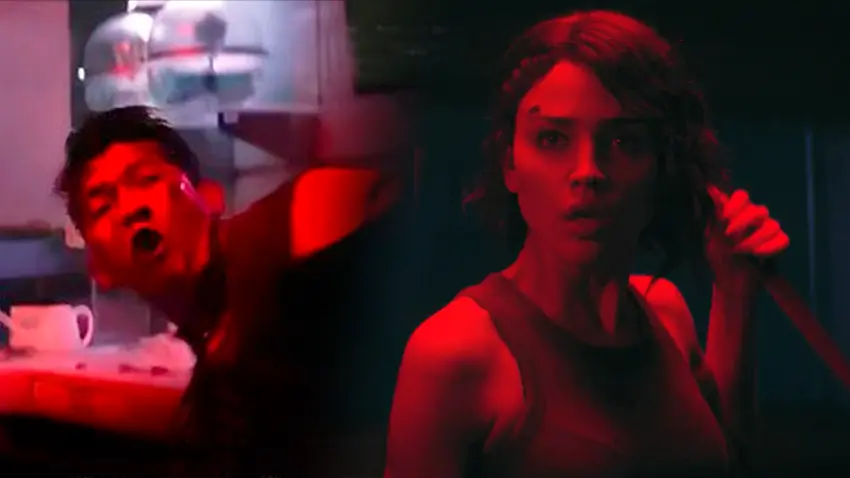
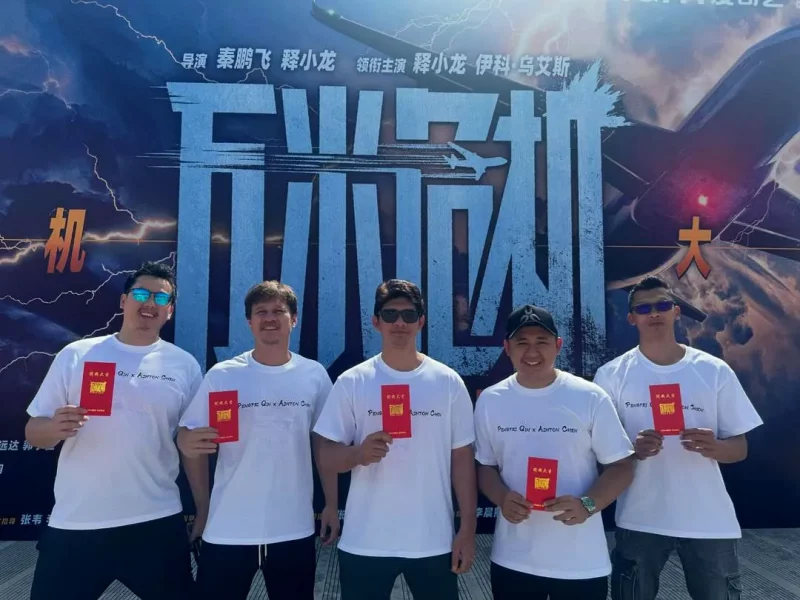
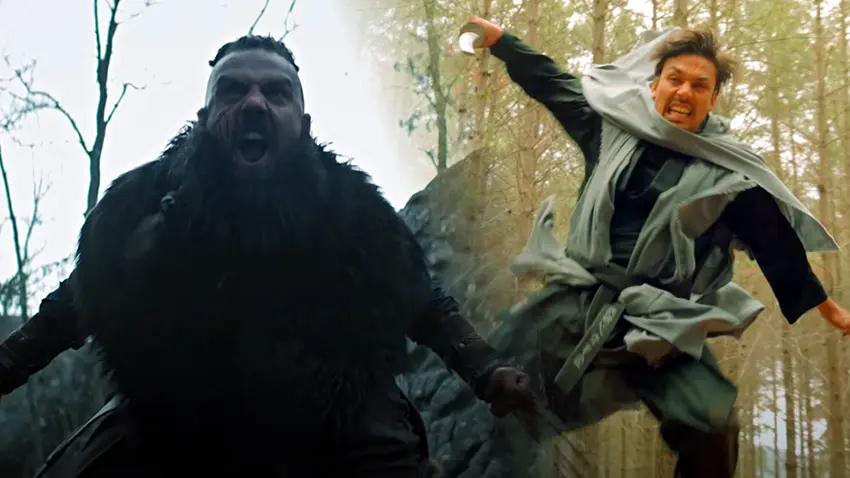
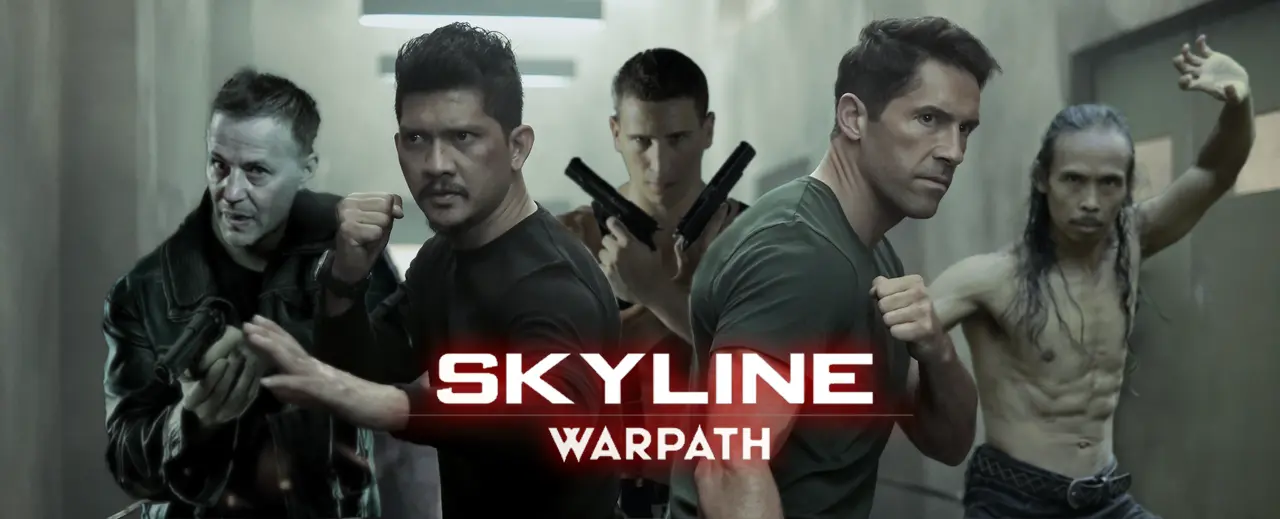
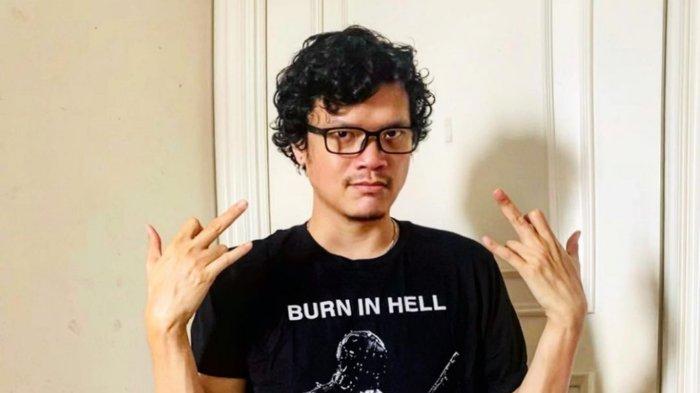
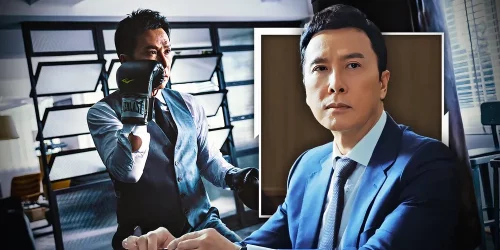
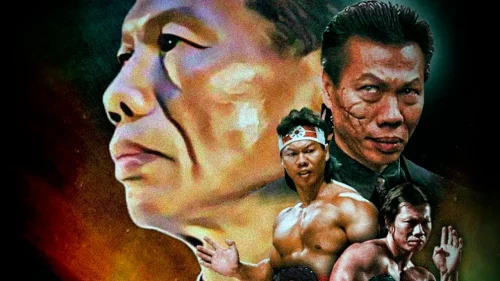

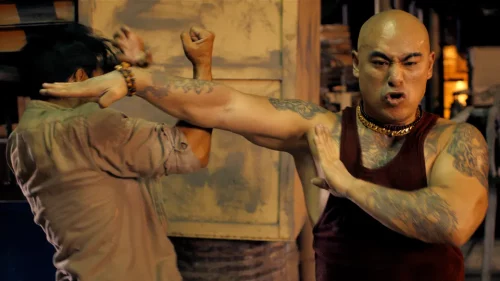
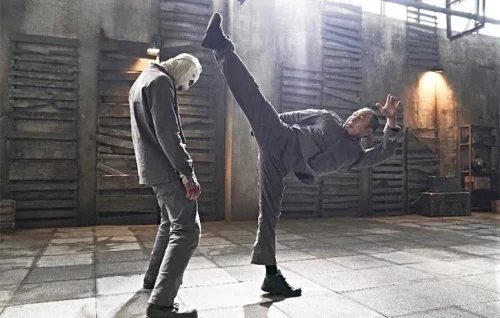
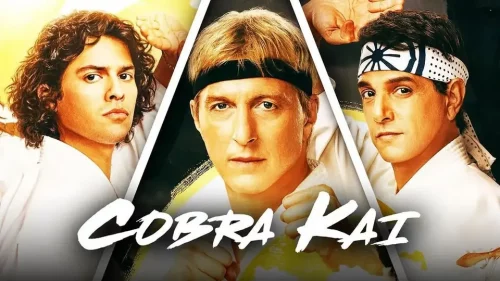
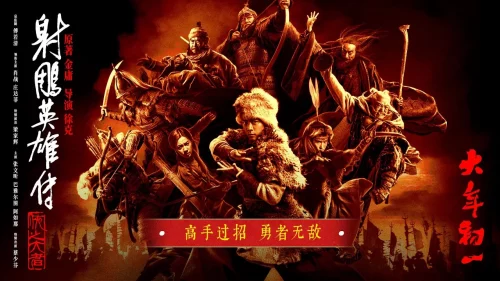
EvilDollaR, как думаешь, когда "Мерантау" будет в сети
или в продаже? По этому поводу есть какая-то инфа? Сколько уже ждем!
Заранее спасибо.
Я по мере появления информации обновляю страничку Премьеры и релизы. Заглядывайте.